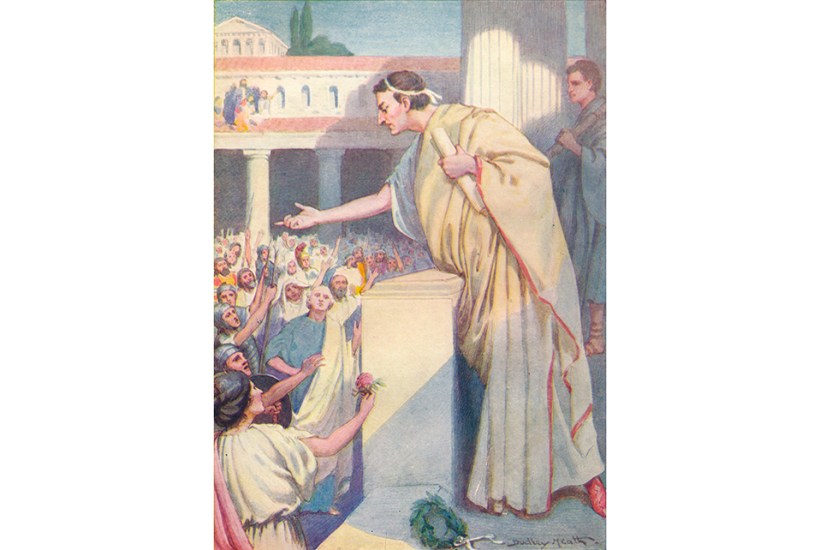After 14 years in power, the Tory party still does not seem to know how to serve everyone’s interests, even its own. After 14 years out of power, the Labour party’s one consolation is that, for all Angela Rayner’s best efforts, it could hardly do worse. Might a new model for selecting MPs help? After Brexit, ancient Greek democracy is a dead duck; but the Romans invented the republican system and that might have something to be said for it.
Already a subscriber? Log in
Subscribe for just $2 a week
Try a month of The Spectator Australia absolutely free and without commitment. Not only that but – if you choose to continue – you’ll pay just $2 a week for your first year.
- Unlimited access to spectator.com.au and app
- The weekly edition on the Spectator Australia app
- Spectator podcasts and newsletters
- Full access to spectator.co.uk
Or
Unlock this article
You might disagree with half of it, but you’ll enjoy reading all of it. Try your first month for free, then just $2 a week for the remainder of your first year.








Comments
Don't miss out
Join the conversation with other Spectator Australia readers. Subscribe to leave a comment.
SUBSCRIBEAlready a subscriber? Log in